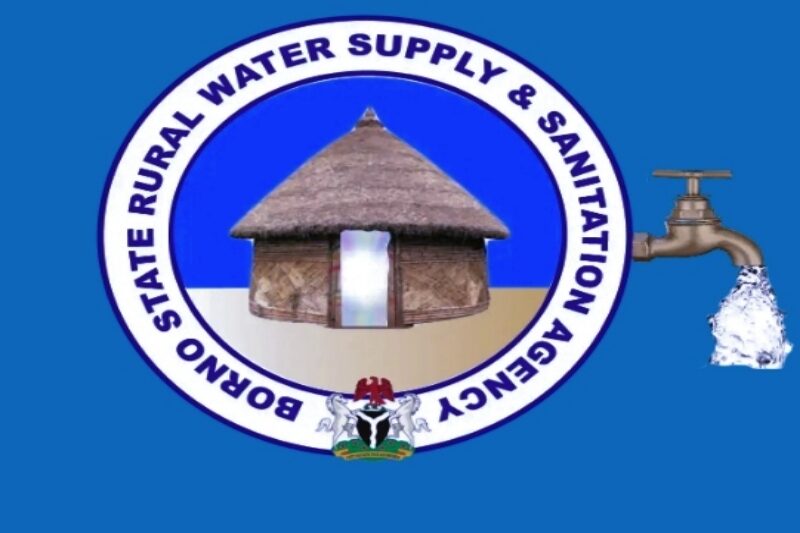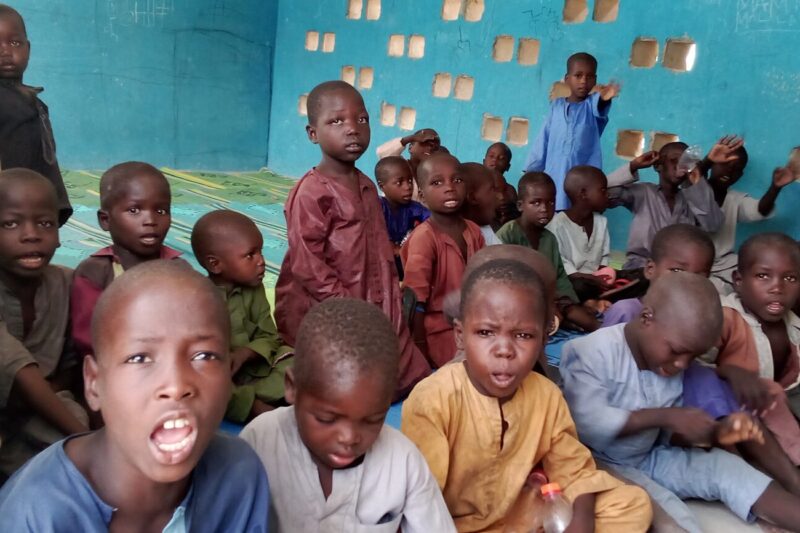World Water Day, observed globally on March 22, did not mean much to the residents of Maiduguri – particularly internally displaced persons (IDPs) – who say the scorching heat and scarcity of water are leaving them parched.
The day is meant to encourage governments around the world to accelerate change to solve the water and sanitation crises.
According to the United Nations, dysfunction throughout the water cycle undermines progress on all major global issues, from health to hunger, gender equality to jobs, education to industry and disasters to peace.
In 2015, the world committed to Sustainable Development Goal (SDG) 6 as part of the 2030 Agenda – the promise that everyone would have safely managed water and sanitation by 2030.
However, it said that goal was “seriously off-track” and that the latest data showed that governments would have to work on average four times faster to meet SDG 6 on time.
Mohammed Musa Aliyu, general manager of the Borno State Rural Water Supply and Sanitation Agency, told RNI that the theme of this year’s World Water Day, “Accelerating the change to solve water and sanitation crises”, was of particular importance in the state.
“We know many of our citizens struggle to get enough water. We are dedicated to ensuring sustainable access to safe water supply, sanitation and hygiene services, particularly in the rural communities in Borno State.
“As part of our mandate, the agency conducts assessments for groundwater exploration in rural communities. It also constructs and rehabilitates water supply structures, such as boreholes, to ensure a healthy community with safe water taps running in every house across the state which is in line with the SDG 6.”
He said the government had made a pledge to drill more boreholes and repair damaged ones but it needed the full cooperation of citizens in the state.
“People must realise that maintenance of boreholes and water structures is not the sole responsibility of the government. It is imperative for every man and woman to do whatever they can to protect and maintain the boreholes and water facilities.
“Thugs need to stop vandalising and stealing water facilities, such as solar panels, inverters, water pumps and generators. Once a borehole or water facility is damaged, it affects the entire community. It means that often citizens have to buy water that costs anywhere from ₦500 to ₦1,000, which many people simply cannot afford.
“We are asking those residents who can afford to cooperate with the government to contribute some money to ensure that all boreholes and water structures are maintained properly. The agency is encouraging people to take ownership of the water facilities and take care of them. We have also set up a rapid response team to address emergency situations at water facilities across the state.”
Aliyu said the government had approved about ₦300 million to buy all the required water facilities needed to enable the agency to drill new boreholes and repair and maintain existing ones.
He said in the past three years the agency had built and repaired 1,122 boreholes and water structures across Borno State, including in the Zajare, Bolori, Shuwari and Garannam areas of Maiduguri and in hard-to-reach areas such as Monguno, Mallamfatori, Baga, Marte and Pulka.
Mustapha Kawo, a resident of Maiduguri, told RNI that having little or no water during the fasting period of the holy month of Ramadan was making a bad situation even worse.
“In Madinatu we are really struggling to get water. Sometimes we are forced to buy water, despite the cash crunch. In areas where there are boreholes, crowds of people wait for hours to get water.”
Bulama Babagana Abatcha, who lives in Muna IDP camp, said: “There is a serious scarcity of water in the camp. Elderly people, women and children are really struggling. Sometimes they don’t even have enough water to drink, let alone bath or wash clothes. It has been an ongoing problem for the past three years. We do not have enough food or water. Now Ramadan is here and we don’t know how we are going to survive.”
Fanna Gujaye, also from Muna camp, told RNI that she had been out looking for water since early morning.
Holding a bucket and an empty gallon plastic bottle, she said: “It’s already lunchtime and I have not been able to get water. Even though there are about five or six boreholes in the camp, there are always crowds of people at all of them. Every day I have to stand for hours in the hot sun queueing for water. It is exhausting.
“Ramadan is here and we need to get water to drink and cook food. We cannot live without water. Water is life,” she said.
SHETTIMA LAWAN MONGUNO








